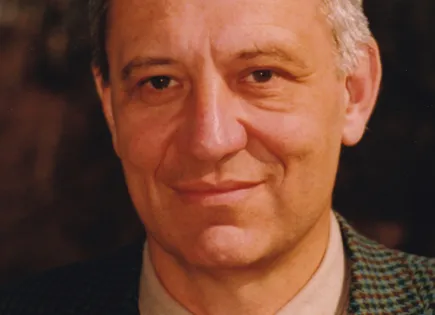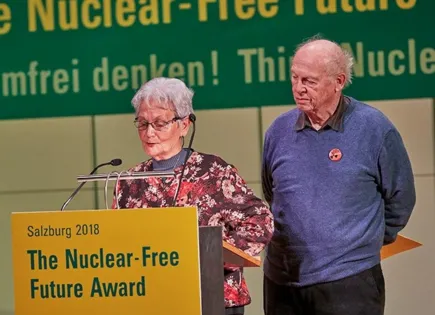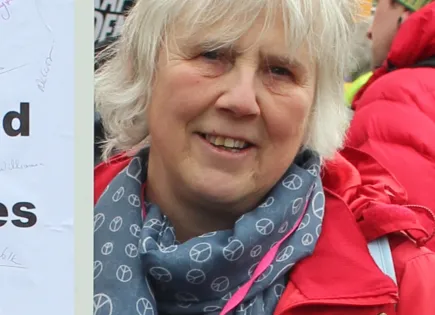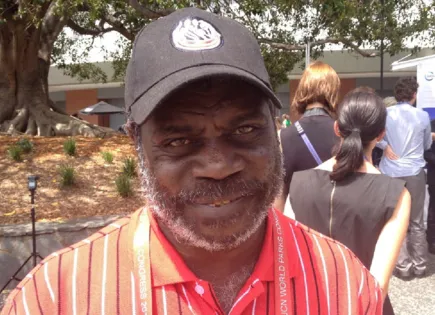2018
Peter Weish, Austria
Categories: Lifetime Achievement and Special Recognition – 2018
Peter Weish is something like the father of the Austrian anti-nuclear movement. The studied biologist, chemist and physicist was from 1966 to 1970 employee at the Institute for Radiation Protection in the Seiberstof reactor centre. Since 1969 he has been a declared opponent of nuclear power, and it is largely thanks to him that the Zwentendorf nuclear power plant was built but was shut down shortly before it went into operation and never went on line. He was awarded the honorary prize for his life’s work.
Didier & Paulette Anger, France
Categories: Lifetime Achievement and Special Recognition – 2018
Didier and Paulette Anger were awarded for their life’s work against nuclear power. Since the 1970s, they have experienced the various facets on their doorstep – and have been committed to opposing it: The reprocessing plant at La Hague went into operation in 1966, spent fuel rods from Germany arrived at the Valognes station in 1966, reprocessed nuclear waste and MOX fuel elements were shipped to Japan at the port of Cherbourg, and French nuclear submarines entered and left the port. Finally, in Flamanville, the first reactor block went on line in 1985. The third has been under construction since 2005.
Linda Walker, Great Britain
Category Solution – 2018
Linda Walker started her Chernobyl Chilrden’s Project (CCP) charity in 1995 and offered recreational holidays to healthy children in the UK. Then Linda and her team noticed how positive the stay had been for two children who had undergone severe cancer treatment. The programme was then extended to include sick children and today CCP (UK) is increasingly bringing young cancer rehabilitation patients into the country.
Jeffrey Lee, Australia
Category Resistance – 2018
Jeffrey Lee has put the protection of his country and his culture before personal profit. For years he rejected the offers of the Areva nuclear company to mine uranium in Koongarra. It is the traditional land of the Djok, over which he has clan chief control. Instead, he offered Koongarra to the Australian state, which integrated the land into the Kakadu National Park.
Karipbek Kuyukov, Kazakhstan
Category Education – 2018
Karipbek Kuyukov dedicated his life and his art (stirring, hand-painted reminder pictures) to the goal that no one should suffer any more from the terrible consequences of nuclear weapons production and use. As part of the movement that brought about the end of underground bomb testing in the Soviet Union, he contributed to the closure of the atomic bomb test site in Kazakhstan in 1991. He has raised his voice against the possession, transfer and use of nuclear weapons.




